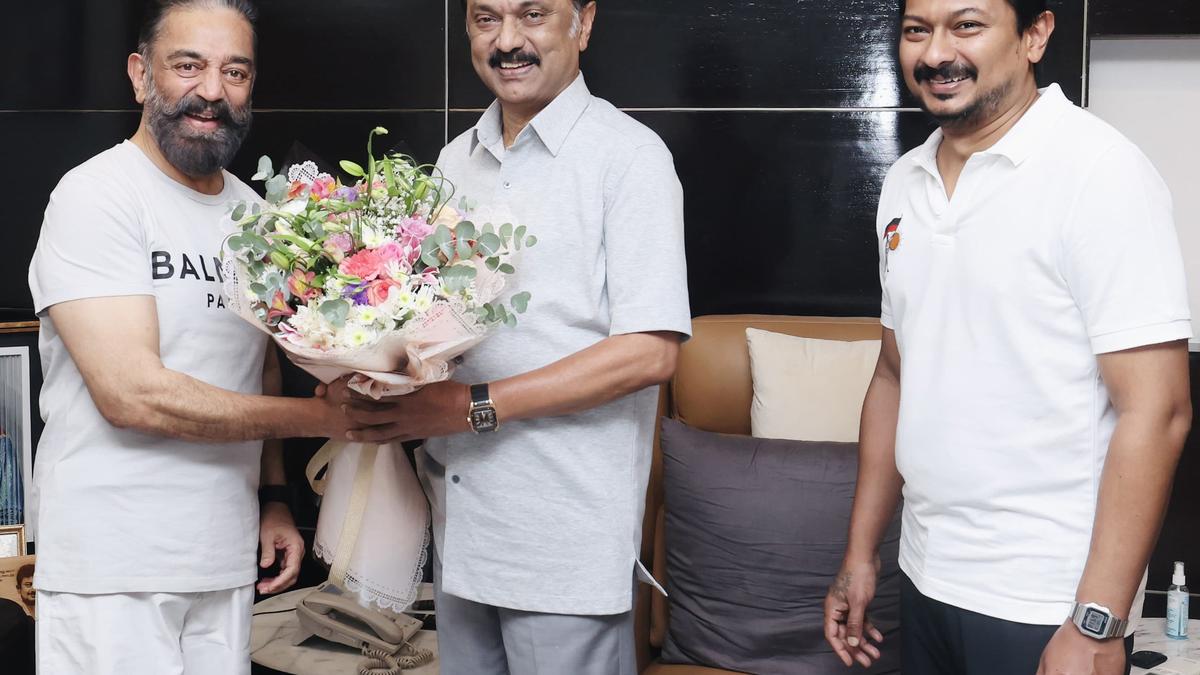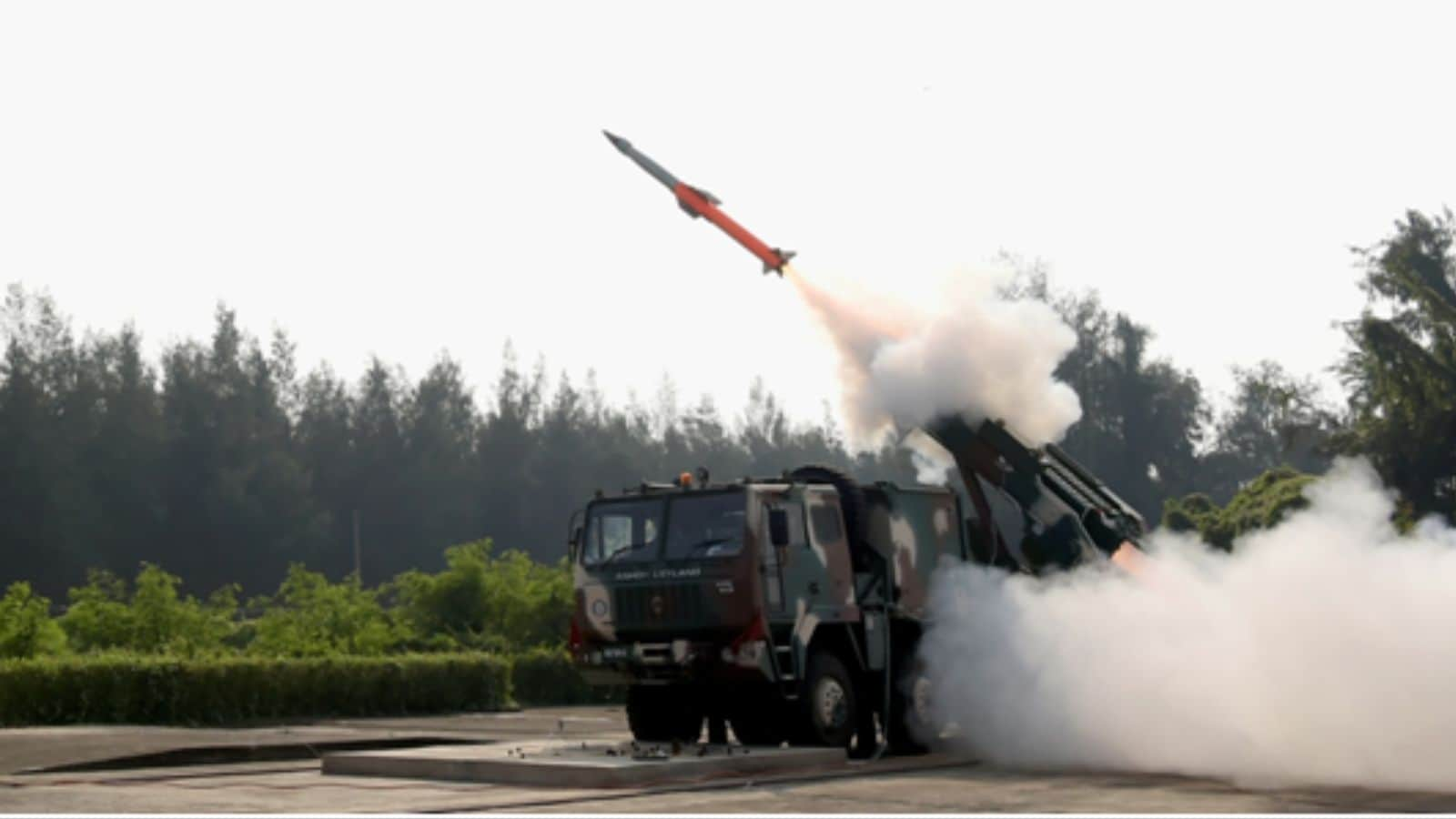The General Education department will organise a conference here on Friday to garner public opinion and hold discussions with stakeholders on the higher secondary curriculum revision that is being launched in the State.
Following curriculum revision implemented for Classes I to X, students up to high school have received new textbooks in a phased manner. Now, the stage is set for revision of higher secondary textbooks published by the State Council of Educational Research and Training (SCERT). Ahead of it, a discussion with stakeholders, including students and representatives of their organisations, teachers’ organisations, academics, other experts, education officers, and members of the public, will be held at Tagore Theatre here.
Minister for Finance K.N. Balagopal will perform the State-level inauguration of the public discussions at 10 a.m. Minister for General Education V. Sivankutty will preside. Kerala State Planning Board vice-chairperson V.K. Ramachandran will deliver the keynote address and release a few publications of the SCERT. Higher Secondary Principal Secretary Sharmila Mary Joseph will be the chief guest.
Rationale for revision
Following the inaugural, SCERT Director Jayaprakash R.K. will present the concept note for the curriculum revision. It will delve into the rationale for the revision; its context, particularly at the national level; and the changes in the State’s higher education sector which the higher secondary classes are a stepping stone for.
At present, both the SCERT and the National Council of Educational Research and Training (NCERT) textbooks are in use in the higher secondary classes. These comprise 44 NCERT titles that were prepared as per the National Curriculum Framework, 2005, and include those for subjects such as Mathematics, Physics, Chemistry, History, Political Science, Geography, Economics, and Sociology. These will continue to be used till a revision by the NCERT is effected.
Revision of 80 titles published by the SCERT will be done. These include textbooks mostly for languages such as English, Hindi, Tamil, Kannada, Urdu, and Arabic; subjects such as Journalism, Gandhian Studies, Anthropology, Philosophy, Home Science, Music; foreign languages such as German, French, and Syriac; and those for Computer Science and Computer Applications.



.png)
.png)
.png)
















 1 week ago
8
1 week ago
8








 English (US) ·
English (US) ·